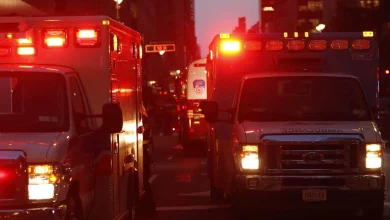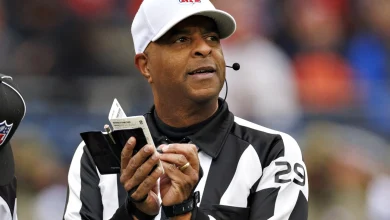Church fears civil war in Madagascar after military seize power

Troops led by Col Michael Randrianirina arrived in Place du 13 Mai in the Malagasy capital Antananarivo on 14 October, announcing that the military had seized power.
ZUMA Press Wire / Alamy
Bishop Marie Fabien Raharilamboniaina warned that after the military takeover ‘war could even break out between the military themselves’.
Catholic bishops in Madagascar said they fear the country could descend into civil war after President Andry Rajoelina was ousted in a coup.
Michael Randrianirina, an army colonel, was sworn in as president on Friday just days after the military seized power amid widespread protests that drove Rajoelina to flee the country.
According to the United Nations, at least 22 people were killed and over 100 injured in the unrest, which saw thousands of young people take to the streets to protests against power and water shortages.
Bishop Marie Fabien Raharilamboniaina of Morondava, the president of the Malagasy Episcopal Conference, told Vatican Radio that the situation could degenerate into widespread violence.
“What can happen now?” the bishop asked, offering the answer himself. “Civil war.”
He continued: “Now the protests have spread. Young people, trade unions, and civil servants are dissatisfied with the government. There is widespread mistrust. The government has made many promises but has fulfilled few of them.”
Bishop Raharilamboniaina explained that Rajoelina had won the presidency promising to provide water and electricity to citizens, but failed to meet his pledges and presided over wasteful spending.
“For example, hospitals have been built in all provinces, but they do not work: they have no doctors, diagnostic tools, or medicines,” the bishop said. “When a sick person arrives there, they cannot be treated. The real problem is the failure to respect fundamental rights, and this time the people said no, they did not want to remain silent.”
He said there was a danger of further violence despite the military takeover, warning that “war could even break out between the military themselves”.
The bishops called for dialogue during the protests, and Raharilamboniaina said this could have averted Rajoelina’s fall.
“We asked the leaders to talk directly to the people, we called the head of state and the prime minister asking them to discuss the situation peacefully, but they did not let them speak, they did not allow the people to cry out their pain,” he said.
“We also prayed, but in the end we had to let the people express their suffering and their desires.”
He called on the international community to support efforts to promote dialogue. The African Union suspended Madagascar following the coup, demanding that it restore its constitutional order.




